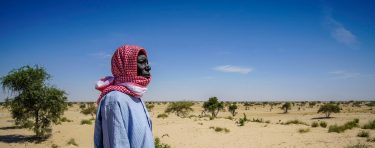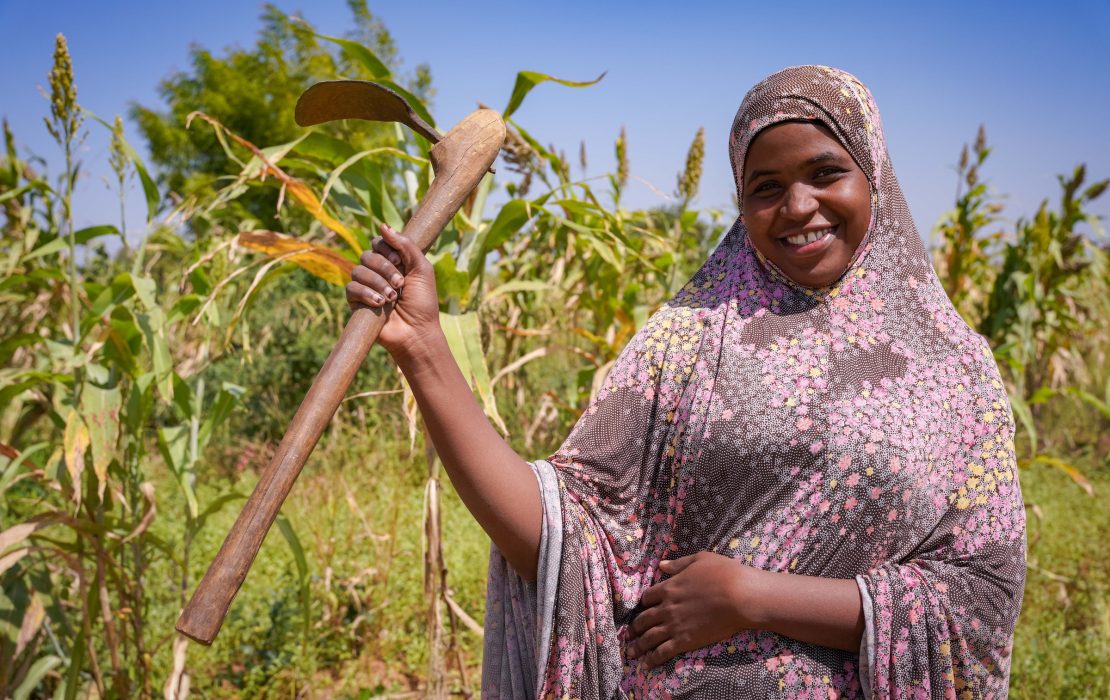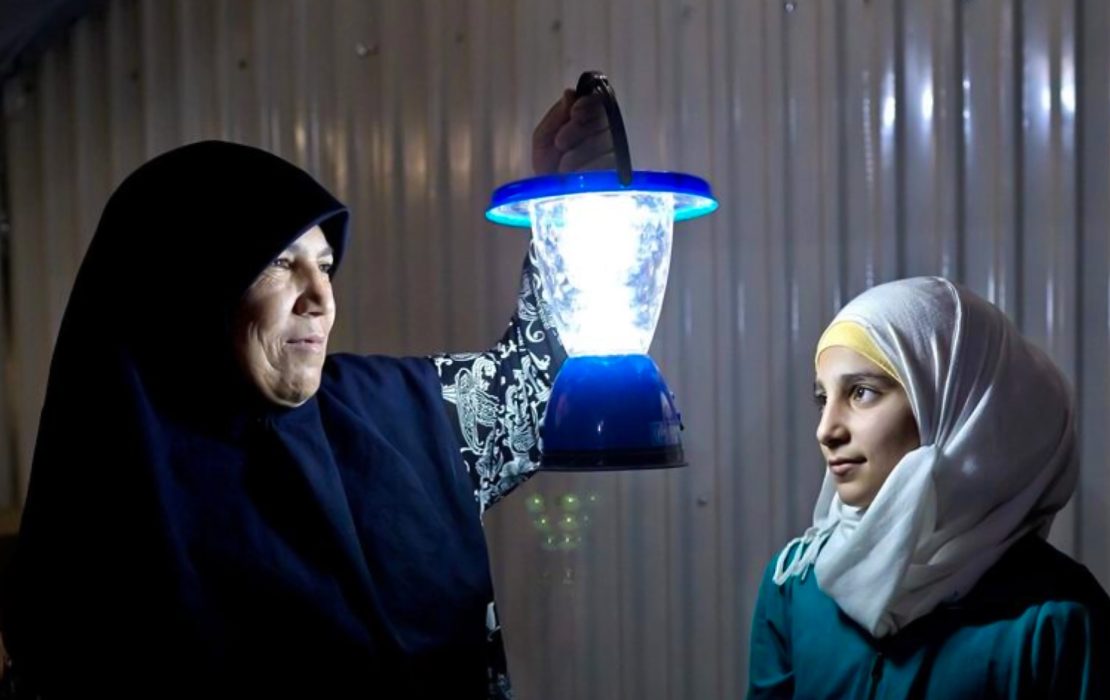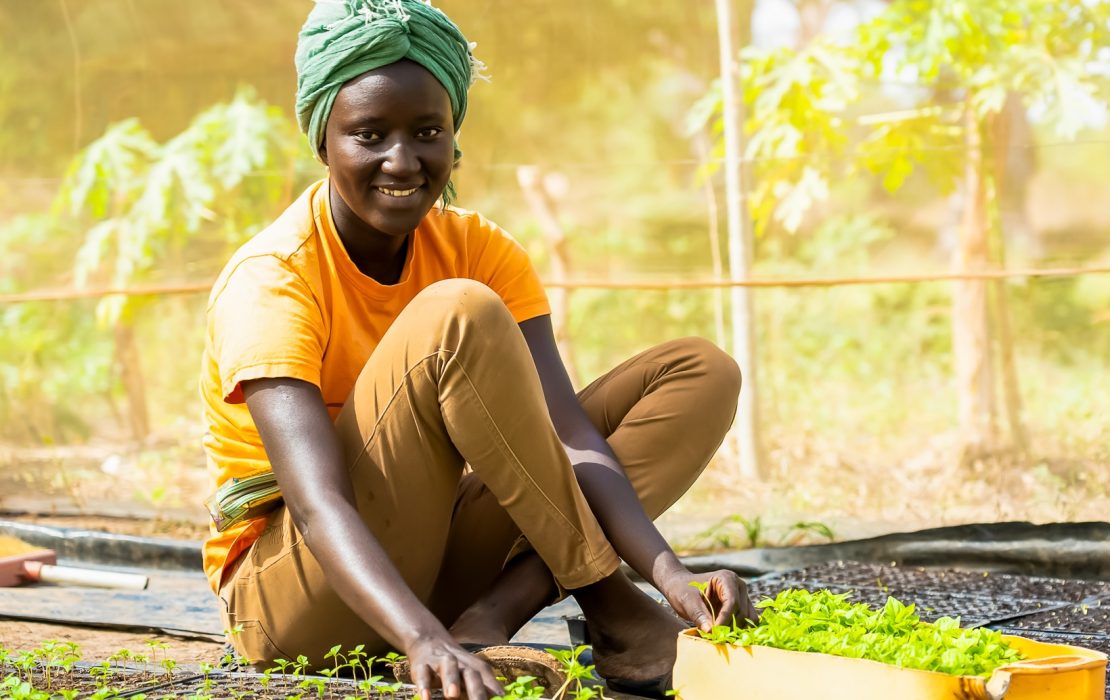Around the world, conflicts have become more widespread, complex and prolonged. An estimated 2 billion people currently live in fragile or conflict-affected areas, and this number is expected to increase in the future.
Simultaneously, climate stressors and shocks have increased in frequency and intensity, disrupting lives and livelihoods, increasing competition for natural resources, triggering displacement, and driving food insecurity. More countries now recognize the climate crisis as a threat to international peace and security.
While climate change does not directly cause violent conflict, its impacts are magnified in conflict-affected and fragile contexts, where people already face humanitarian needs and have limited capacity to cope. Women, youth and children are disproportionately affected.
Conflict and insecurity can also impede action on climate change. Countries and territories experiencing violent conflict have reduced capacity to develop and implement climate policies. In post-conflict recovery, climate action may become a secondary priority as more immediate challenges are addressed.
Climate action can alleviate the underlying drivers of conflict and fragility.
Access to renewable energy, for example, is a lifeline that supports clean water, lighting, heating, and sustenance, as well as basic and emergency services. It also powers local economic development and sets countries on a sustainable development pathway.
Under the Climate Promise, UNDP is on-the-ground in 46 countries and regions in fragility, conflict and violence (FCV) contexts, providing integrated solutions to governments and communities in addressing the climate-peace-security nexus. With expertise on climate change, conflict prevention and peacebuilding, governance, gender equality and finance, our work on climate security – including programmes in Africa, the Arab States and the Pacific – ensures climate-proofing of conflict prevention and peacebuilding efforts and brings together people and resources to foster resilient communities and advance sustainable development.






